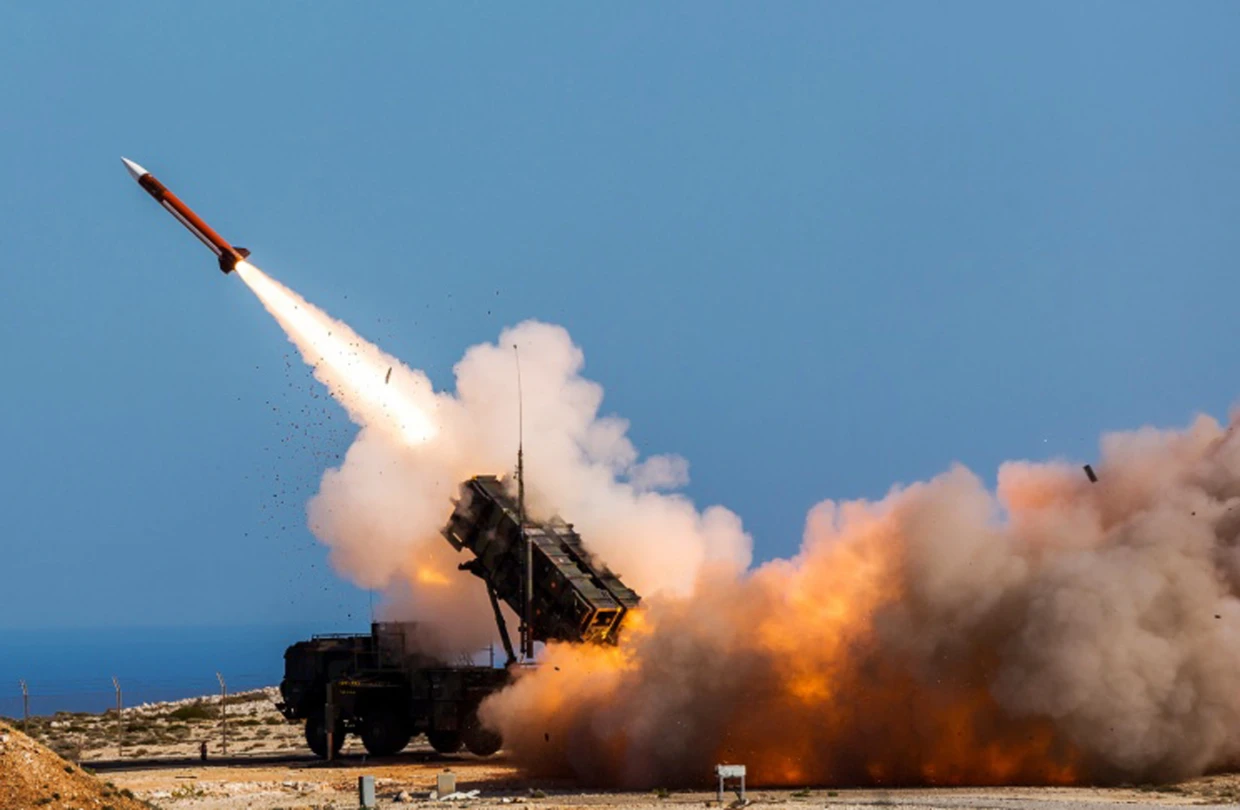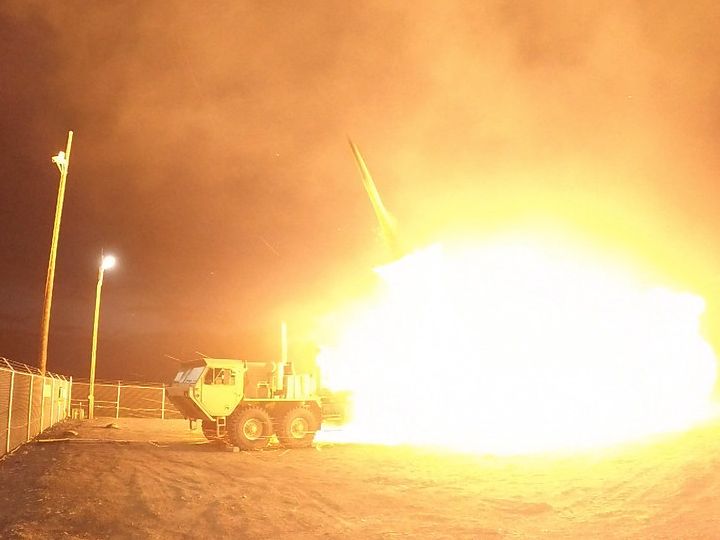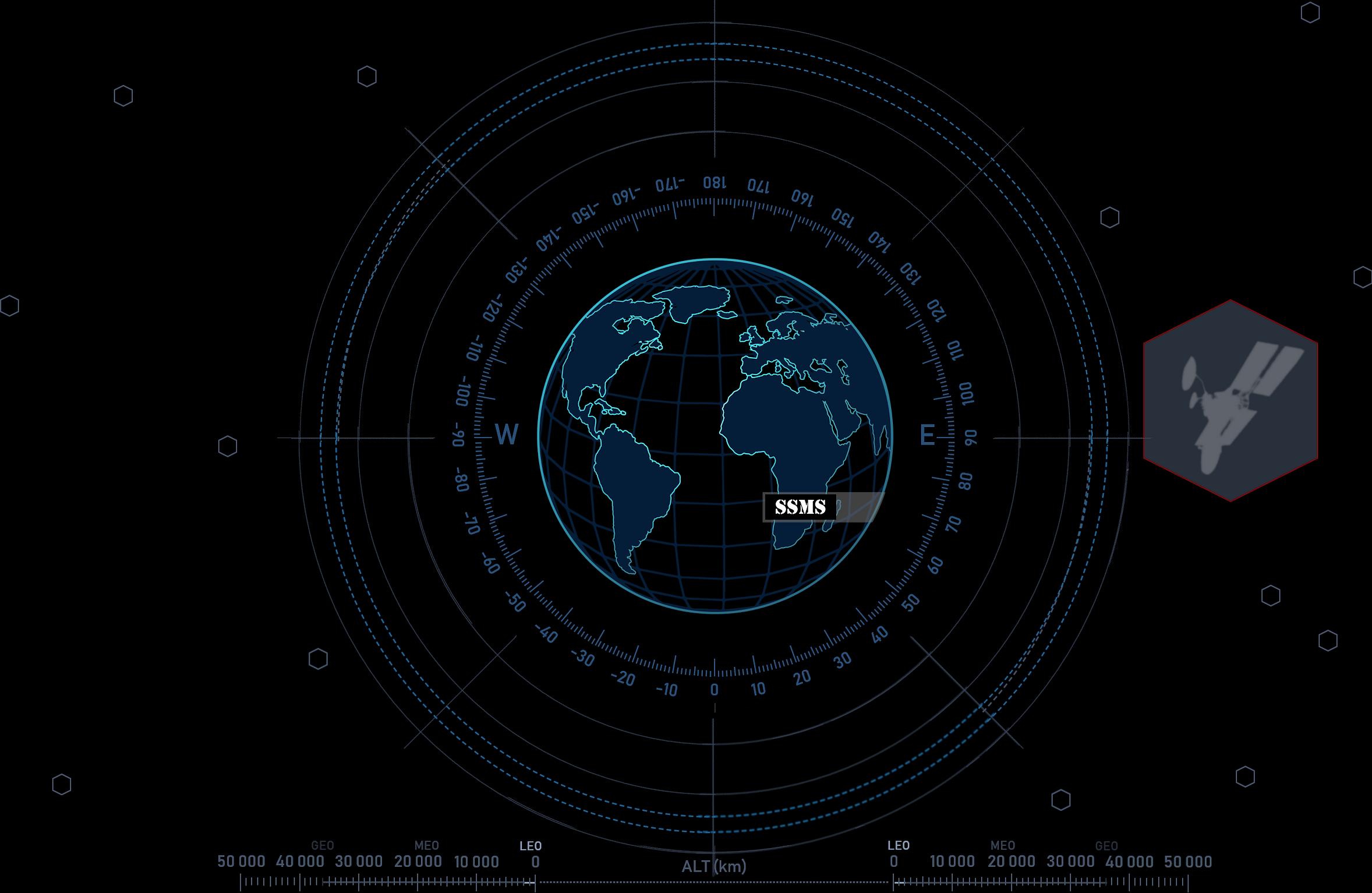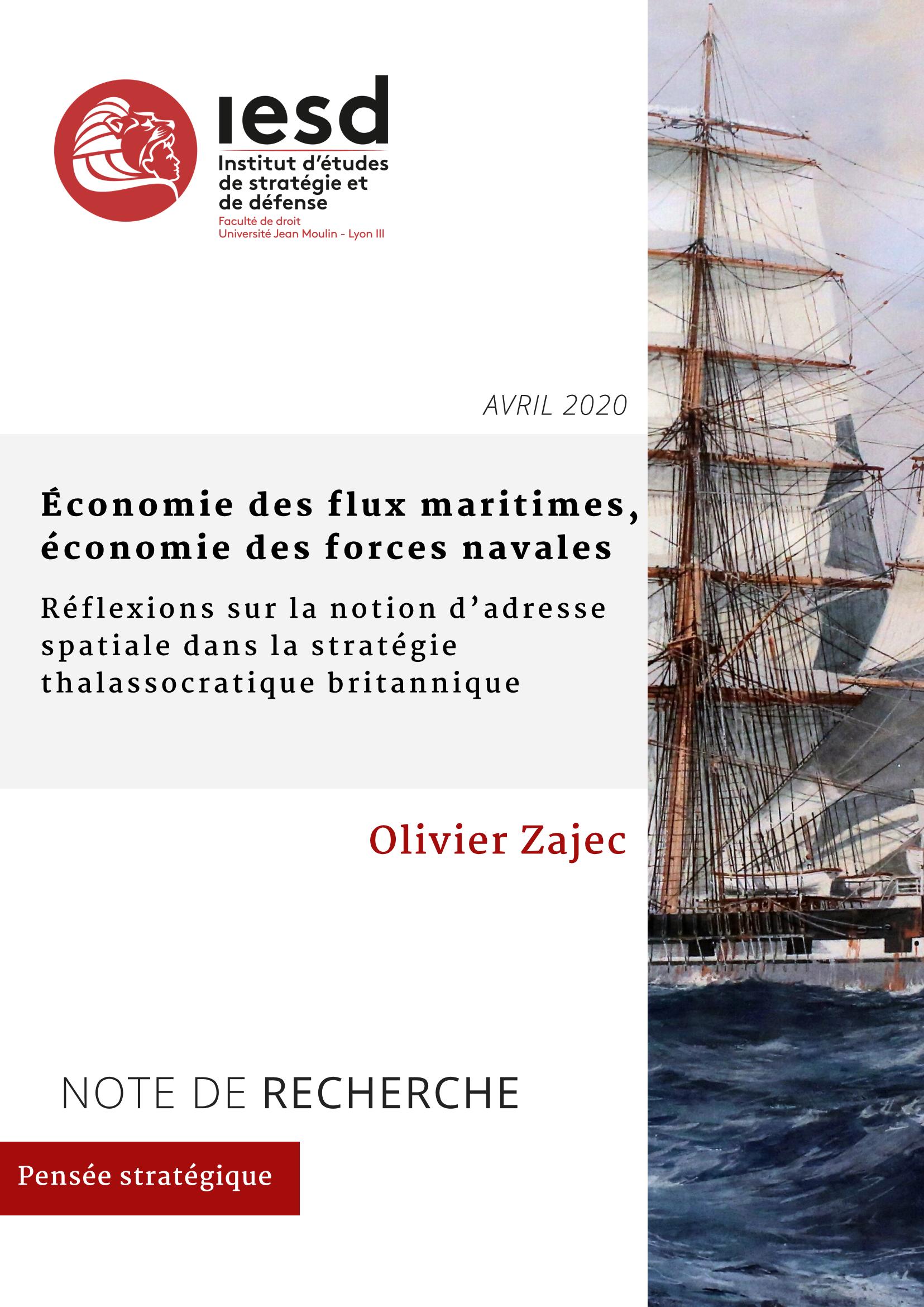
Economics of maritime flows, Economics of naval forces. Reflections on the notion of spatial address in the British thalassocratic strategy
Abstract
Studying the heyday of English imperial power from 1830 to 1940, John Darwin judges that “[if] the British were able to build a world empire, [it] is because they were able to exploit the opportunities of global connectivity more completely than their rivals” Whether we consider the Empire in terms of its politico-economic “connections” or its military “maintenance”, can we say that this double dimension of “global connectivity” was thought by the British simultaneously? In other words, can we establish that a same coherent and unitary scheme governs the economy of the trade flows which irrigate the Empire, and the economy of the naval forces which guarantee the persistence of these same flows? This research note suggests that from the beginning of the 18th century to the end of the 19th century, the builders of the British thalassocratic construction, inspired by a utilitarian worldview with a triple philosophical, economic and strategic sense, effectively carried out constant geostrategic arbitrations, allowing the efficient operation, protection and maintenance of the British imperial network, thus demonstrating what one might label as a specific “adresse spatiale” (spatial optimum).
About the Author
Douglas de Quadros Rocha is a doctoral researcher in the Strategy Department of the Magellan Laboratory (EA 3713, IAE, Lyon III) and head of the Nuclear Studies Unit at the Institute for Strategy and Defense Studies (IESD, Faculty of Law, Lyon III). He is a doctoral student in political science at the Université Jean Moulin Lyon-III, where he is writing a thesis on France's nuclear deterrence and arms control strategy. His research focuses on nuclear issues (deterrence, non-proliferation, arms control and disarmament), French deterrence doctrine and strategic risk reduction.
Strategic Thinking

High strategic capabilities and defensive military assistance in the Ukraine war: the double threshold dilemma
One of the major elements of the Russian-Ukrainian confrontation is of course its potential nuclear nature. This dimension encourages the Biden administration not to let the war in Ukraine degenerate into a major conflict that would directly oppose Americans and Russians. This limit makes the problem of Western co-belligerence a key element in the political-military equation of the conflict. Taking this context into account, this note relates the tactical-operational “threshold” related to this arms supply to a second threshold of a politico-strategic nature, which in turn is influenced by the phenomenon of the interconnection of high strategic capabilities, and which opens up the delicate concept of multi-domain deterrence.
𝐉𝐚𝐧𝐮𝐚𝐫𝐲 𝟐𝟎𝟐𝟑


Exploration note of the space wargame realized on 19/11/2021
Designed in two phases, crisis management and Red Team exploitation of the results of the crisis, this Wargame allowed an in-depth reflection of the players, leading to the most negative possible result of a generalized catastrophe of the Kessler syndrome type. The causes of this development are to be found in a continuous escalation due to the export of traditional geopolitical oppositions to space competition, in particular between great powers, pushing the players to act in a logic of confrontation rather than cooperation. The relevance of decisions, as well as their rationality, have demonstrated a fundamental political dimension of management of Space, in particular in case of crisis, with the pursuit of interests and the will to power as the main engine of actions.
À lire également

The silent masters of the oceans: the strategic and non-proliferation implications of nuclear-powered submarines in Australia and Brazil
At the International Atomic Energy Agency (IAEA) General Conference in 2022, Director General Rafael Grossi emphasizes that “the world of nuclear proliferation and safeguards is changing,” and that this change creates important technical and political challenges. The announcement of the AUKUS agreement and the progress of Brazil’s nuclear-powered submarine program reflect regional geopolitical realignments. Internationally, the IAEA safeguards system is challenged by these developments insofar as they entail risks of nuclear proliferation. How does the acquisition of nuclear-powered submarines impact both the regional and international strategic balance and nuclear non-proliferation norms? The purpose of this research note is to analyze the geopolitical motivations of nuclear-powered submarine programs in Australia and Brazil and their implications for nonproliferation instruments.
𝐉𝐚𝐧𝐮𝐚𝐫𝐲 𝟐𝟎𝟐𝟑

High strategic capabilities and defensive military assistance in the Ukraine war: the double threshold dilemma
One of the major elements of the Russian-Ukrainian confrontation is of course its potential nuclear nature. This dimension encourages the Biden administration not to let the war in Ukraine degenerate into a major conflict that would directly oppose Americans and Russians. This limit makes the problem of Western co-belligerence a key element in the political-military equation of the conflict. Taking this context into account, this note relates the tactical-operational “threshold” related to this arms supply to a second threshold of a politico-strategic nature, which in turn is influenced by the phenomenon of the interconnection of high strategic capabilities, and which opens up the delicate concept of multi-domain deterrence.
𝐉𝐚𝐧𝐮𝐚𝐫𝐲 𝟐𝟎𝟐𝟑


